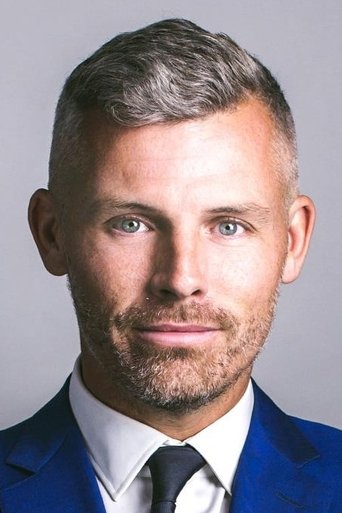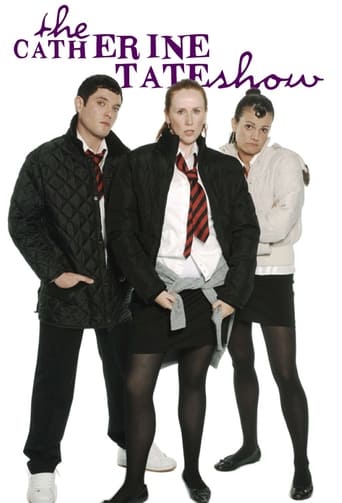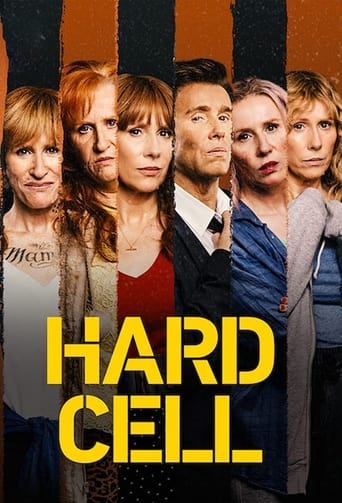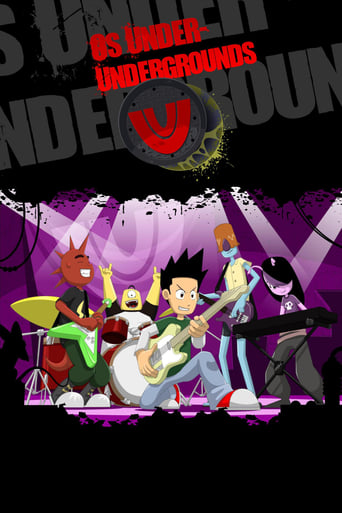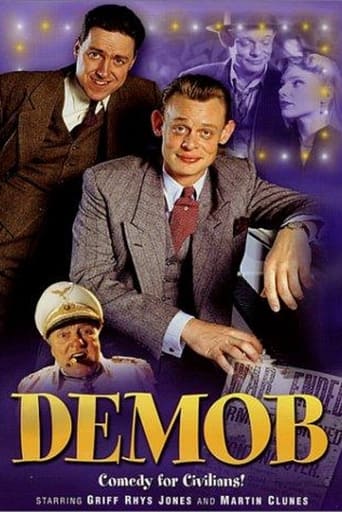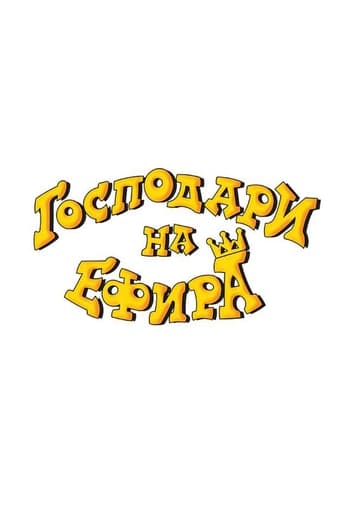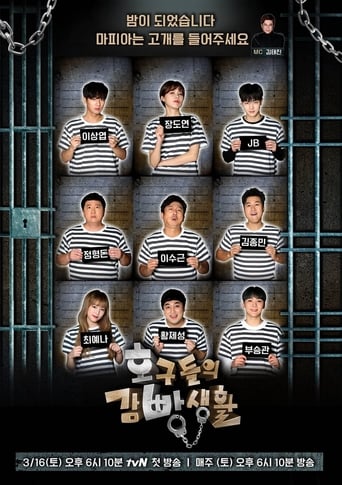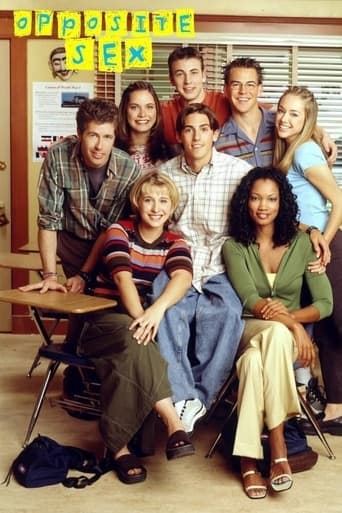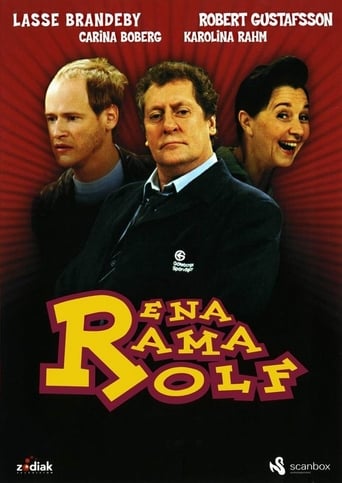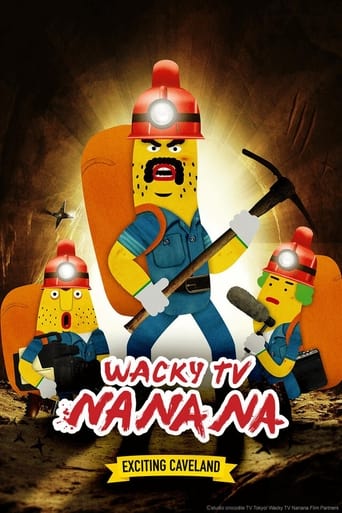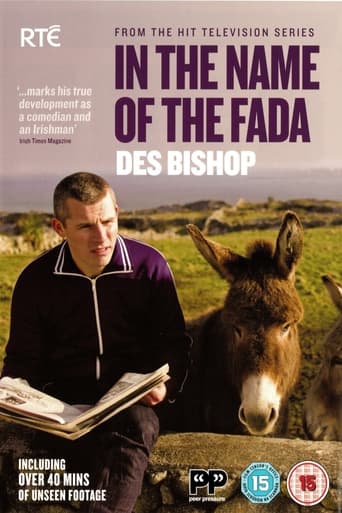
Rating:
0/10 by 0 users
In the Name of the Fada (2008)
In the Name of the Fada was a show that aired on RTÉ from 13 March to 17 April 2008, documenting Irish-American comedian Des Bishop and his pursuit of fluency in the Irish language. The show was a 6-part mini-series in which Bishop spends a year living in Tír an Fhia, which is one of many Gaeltacht regions in Ireland. Bishop aims to be able to perform a stand-up comedy act as Gaeilge by the end of the stay. The theme tune is Floating by Jape.
Writing:
- Des Bishop
Release Date:
Thu, Mar 13, 2008
Country: IE
Language: En | Ga
Runtime:
Country: IE
Language: En | Ga
Runtime:
Des Bishop
Himself
Season 1:

Born in the UK, raised in the US and living in Ireland since he was 14, Des Bishop decides to go in search of a true rite of passage into Ireland by learning Irish in Connemara's Gaeltacht. He gives himself a year to learn enough Irish to do a gig "as Gaeilge". Des moves in with a family in Tir an Fhia, Leitir Móir and begins to immerse himself in Gaeltacht society. He joins the Junior C GAA team, works odd jobs with locals and does a gig in a nearby pub to explain in his own words what he is actually doing. In an effort to motivate his learning, Des goes back to school and signs up for the school leaving certificate and after two months attempts the oral Irish exam. How will he manage?

The immersion continues. The excitement about taking on the challenge has subsided, and now the hard bit of actually carrying it out kicks in. Des is eager to experience a summer in the Gaeltacht and goes to Irish college in Colaiste Lurgan. After only four months learning Irish, Des sits the written part of the school Leaving Certificate. In an effort to remain focused and find further motivations for his learning, Des tries to do things in Irish; auditions for voiceover work as gaeilge on TG4, fishes with his new family, and tries to decipher his football coach's instructions.

Frustration abounds. Des moves to Carraroe to undertake a one month immersion course in An t-Acadamh. Having concentrated on the spoken word thus far, he finds grammar exasperating and the process begins to take its toll. He turns to what he knows best to relieve the monotony, Hip Hop. Perhaps it's possible to translate the classic tracks from his childhood into Irish...

The summer ends and the reality of deadlines kicks in. The best way to gauge his progress is to take what he has learnt to the other Gaeltachts. Inspired by a trip to an t-Oireachtas in Wesport, Des goes to visit the homes of the people he has met. Visiting Kerry, Donegal, Rathcairn and Ballyvourney, Des learns about the different dialects while explaining what he is trying to achieve to na Mhuintir na Gaeltachta eile.

The question of why Des is undertaking this is incessant and confronting. Bottom line is that it's hard to get answers sometimes in Ireland. Galetacht people just speak it as it is their language. Irish people have to learn it in school, so their opinion of the language is largely impacted by that experience. For some respite and reflection, Des returns to New York and Boston where Irish is the 66th most spoken language. He meets Irish speakers, students and teachers, many of whom share his motivations - to tap into an Irish identity that is so important to the diaspora. He meets up with the extension of the Connemara Gaeltacht in Boston where he is inspired by the motivation of people who have never been to Ireland but continue to work hard to learn and teach the language - not for money - but for the sheer love of it.

After twelve months of solid learning, the time has come for the ultimate challenge. Has Des achieved a level of fluency to do a gig in Irish? Will it be funny? But most importantly, if he can become fluent in twelve months, what is stopping the Irish general public from doing so after fourteen years in school?

